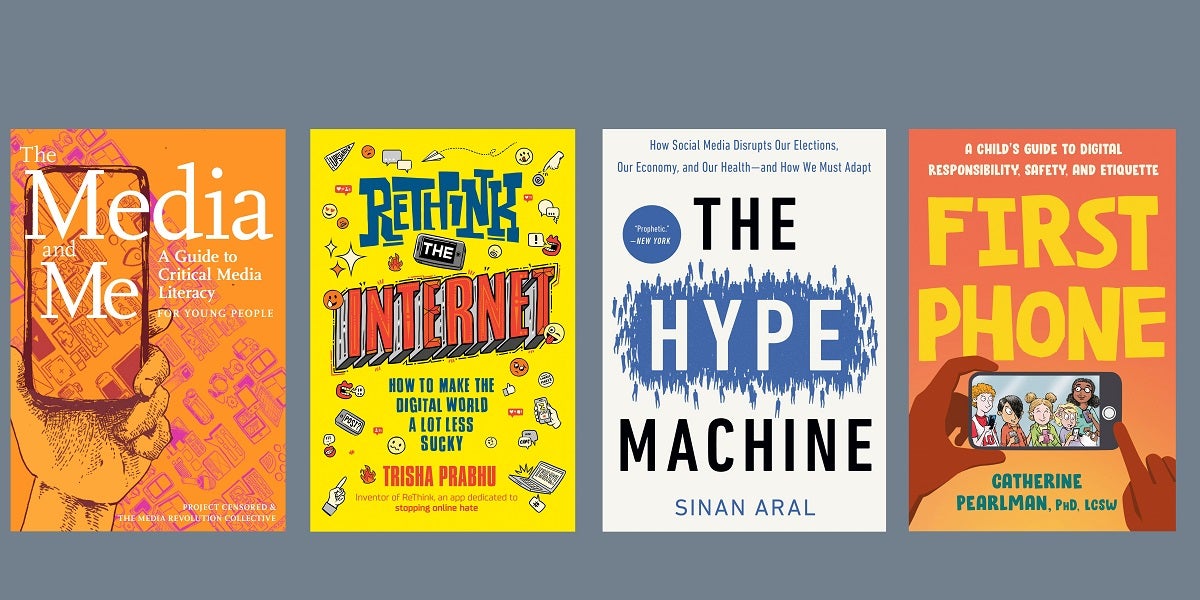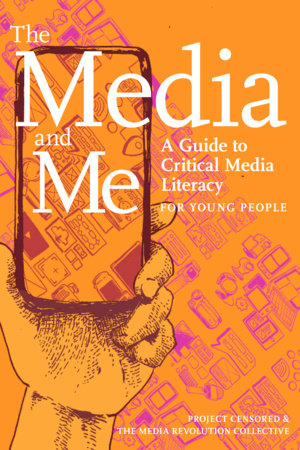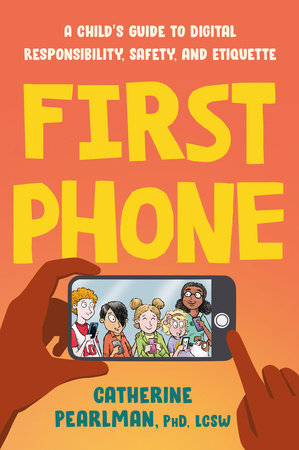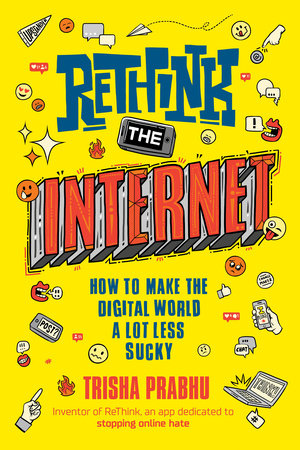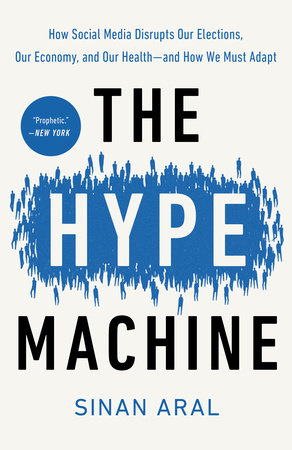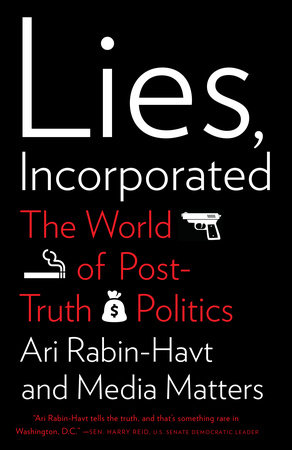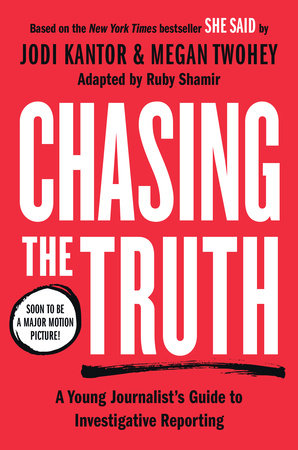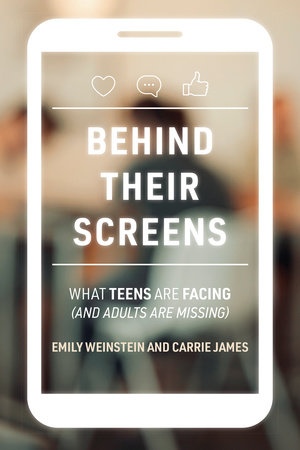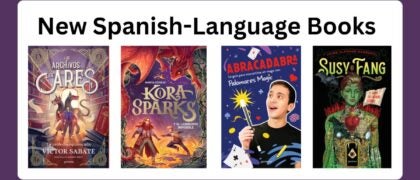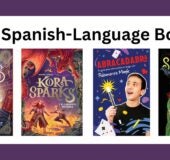Information literacy at an early age is essential when it comes to modern literacy learning. It is crucial that students develop critical thinking skills necessary to evaluate sources and grow comfortable with the notion that knowledge is never fixed and is always evolving.
NCTE has acknowledged the information literacy crisis in their Position Statement on the Role of Nonfiction (K-12) and states are beginning to develop and adopt information literacy curriculum standards in the classroom. At the beginning of this year New Jersey signed into law the nation’s first statewide information literacy requirement for schools.
The bill outlines that lessons on the topic must cover, at a minimum:
- The research process and how information is created and produced.
- Critical thinking and using information resources.
- Research methods, including the difference between primary and secondary sources.
- The difference between facts, points of view, and opinions.
- Accessing peer-reviewed print and digital library resources.
- The economic, legal, and social issues surrounding the use of information.
- The ethical production of information.
We’ve created a collection of titles to help secondary students and educators learn how to critically evaluate sources and safely navigate through the digital world.

